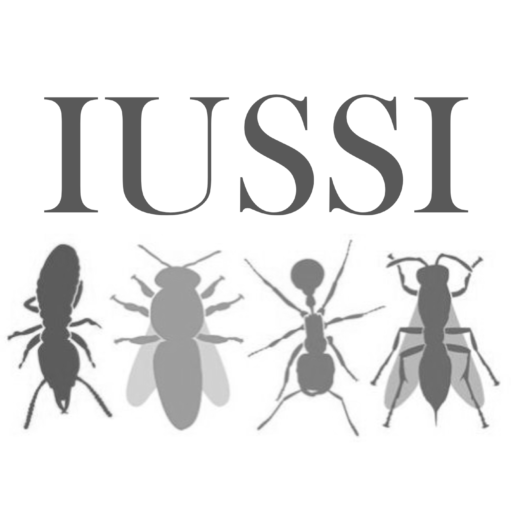Using eDNA to study the impact of parasitic bees on a tropical bee community
The role
The role holder will plan and perform research to study how parasitic robbers bees of the genus Lestrimelitta impact other social bee species in a tropical bee community in Brazil. You will develop an approach that uses eDNA metabarcoding to identify the species that are parasitised by robber bees. You will use SNPs (single-nucleotide polymorphisms) or microsatellites to assign captured robber bees to different colonies in the study area and assess robber bee colony density and foraging ranges. You will combine these molecular methods with ecological surveys and behavioural observations of robber bee attacks. You will analyse the resulting data and write scientific publications. The results will help us better understand how robber bees impact tropical bee communities.
You will be working under direction and with support from Christoph Grueter, and in collaboration with other project partners based at the Universities of Bristol and São Paulo. You will be based in the Life Sciences Building in the School of Biological Sciences at the University of Bristol. During field work (representing roughly 20-30% of the duration of the project) you will be hosted by the University of São Paulo project collaborators in Ribeirão Preto (Brazil). You will be provided with academic (including guidance on career opportunities) and pastoral support within the School and training will be available designed to develop your competencies and ability to take on a wider range of responsibilities.
What will you be doing?
Research Responsibilities
- Perform plan and conduct research described in the Leverhulme-funded project (RPG-2024-329) under the PI’s guidance.
- Analyse and interpret research data, drawing conclusions using initiative and creativity.
- Coordinate work with collaborators.
- Present research progress and outcomes in group meetings and School-wide seminars.
- Write and disseminate research findings through reports, papers, or presentations
Administration Responsibilities
- Contribute to research impact and engagement beyond academia.
- Adhere to University policies (e.g., ethics, equal opportunities, health and safety).
- Undertake training and development to support research objectives.
- Participate in staff reviews and plan professional development.
- Actively contribute to the research group and School as a good academic citizen.
You should apply if you have
- PhD in a relevant field (e.g., animal behaviour, molecular ecology, entomology, or ecology) or be working towards one with research experience.
- Expertise in animal behaviour and/or ecology.
- Laboratory and field research experience.
- Strong analytical and quantitative skills (e.g., statistics, bioinformatics).
- Clear communication skills, both oral and written.
- Ability to collaborate effectively with researchers and engage with the public.
- Commitment to promoting Equity, Diversity, and Inclusion (EDI) in academia.
Additional information
For informal queries about the role please contact: Christoph Grüter, c.grueter@bristol.ac.uk
Contract type: Open-ended (Fixed funding for 3 years)
Work pattern: Full-Time
Salary: £37,999 – £43,878 (Grade I) / £42,632 – £47,874 (Grade J) per annum depending on experience
This advert will close at 23:59 UK time on Sunday 23rd February 2025
